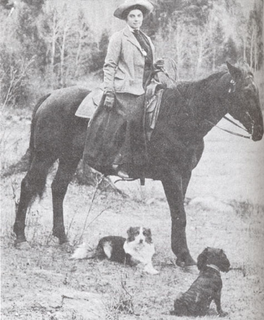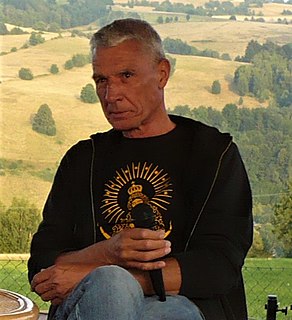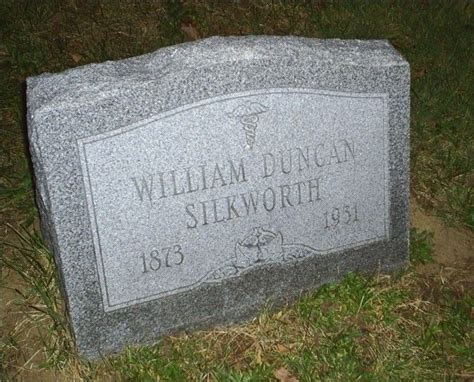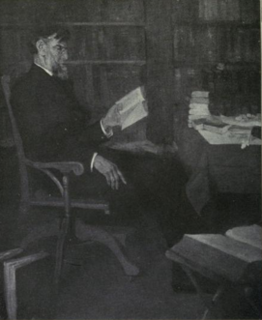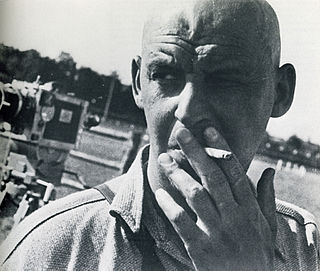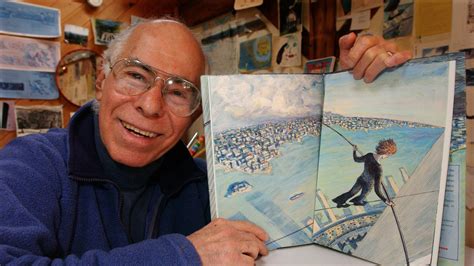A Quote by George Henry Lewes
Ordinary men live among marvels and feel no wonder, grow familiar with objects and learn nothing new about them.
Related Quotes
The house begins to be a home. The unfamiliar places are beginning to fold the familiar objects into their keeping and to cozy them down. Objects that swore at each other when the movers heaved them into the new rooms have subsided into corners and sit to lick their feet and wash their faces like cats accepting a new home.
We think that we live in a heterosexual society because most men are fixated on women as sexual objects; but, in fact, we live ina homosexual society because all credible transactions of power, authority, and authenticity take place among men; all transactions based on equity and individuality take place among men. Men are real; therefore, all real relationship is between men; all real communication is between men; all real reciprocity is between men; all real mutuality is between men.
But risks must be taken because the greatest hazard in life is to risk nothing. The person who risks nothing, does nothing, has nothing, is nothing. He may avoid suffering and sorrow, but he cannot learn, feel, change, grow or live. Chained by his servitude he is a slave who has forfeited all freedom. Only a person who risks is free. The pessimist complains about the wind; the optimist expects it to change; and the realist adjusts the sails
It is good to come to a country you know practically nothing about. Your thoughts grow still, useless. Everything must be rebuilt. In a country you know nothing about, there is no reference point. You struggle to associate colors, smells, dim memories. You live a little like a child, or an animal. Objects and events may bring things to mind, but in the end they remain no more than what they are in fact. They begin only when you experience them, vanish when others follow.
The historian of science may be tempted to claim that when paradigms change, the world itself changes with them. Led by a new paradigm, scientists adopt new instruments and look in new places. even more important, during revolutions, scientists see new and different things when looking with familiar instruments in places they have looked before. It is rather as if the professional community had been suddenly transported to another planet where familiar objects are seen in a different light and are joined by unfamiliar ones as well.
If any feel that as psychiatrists directing a hospital for alcoholics we appear somewhat sentimental, let them stand with us a while on the firing line, see the tragedies, the despairing wives, the little children; let the solving of these problems become a part of their daily work, and even of their sleeping moments, and the most cynical will not wonder that we have accepted and encouraged this movement. We feel, after years of experience, that we have found nothing which has contributed more to the rehabilitation of these men than the altruistic movement now growing up among them.



